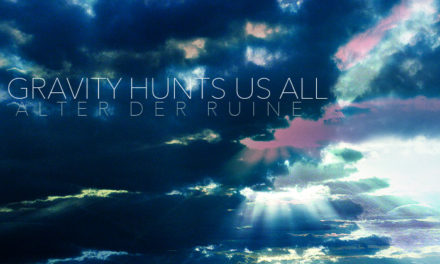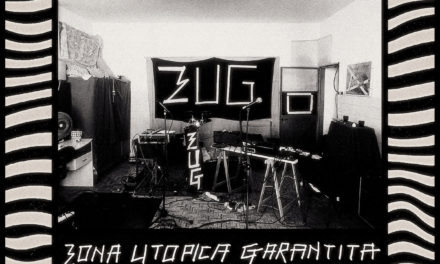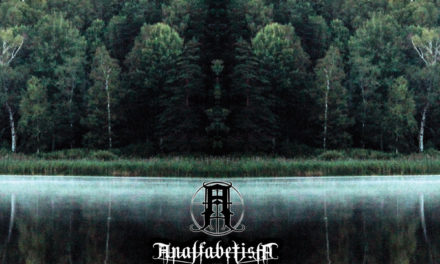
Panic Priest
Once Wild
Negative Gain Productions
Chicago based Panic Priest has spent the first half of the decade exploring the possibilities within what could broadly be called the darker edges of new wave. Where 2020’s excellent Second Seduction leaned into anthemic goth-rock styled dancefloor fillers, follow-up Psychogoria injected some neon aesthetics and disco rhythms to the proceedings, amping up both the drama and the camp factor. Now, with 2025’s Once Wild, the project’s sole member Jack Armando has refined his songwriting and arranging, whilst also adding to the production for a clean, direct, and fully-fleshed out sound that brings the project’s best qualities to light.
Armando has always been handy with a solid hook, and has a good grasp of how to use his distinctive voice to get a tune over, and there’s no shortage of excellent examples to be found here. Opener “Wait For Night” zooms in hard on its simple main melody, backing it up with some brassy synthwork and a simple bass pulse, its crooned vocals and some clever switch ups in how its chord changes are conveyed, simple but effective in keeping it both moving and interesting throughout. In particular the record’s guitar playing is both tasteful and well arranged; the power-ballad styled “My Lonely Ghost” finds it switching between simple arpeggios and climactic riffing that adds the right amount of drama without drowning out the synths or being lost behind the big gated reverb snares.
It all comes into sharpest relief on “To Live Another Day” and “Little Lost”, (both of which feature production and recording contributions from Glass Apple Bonzai’s Daniel Belasco). Perhaps unsurprisingly both cuts are some of the purer throwback new wave numbers, with the former recalling some prime-era Talk Talk in it’s synth programming and singalong chorus, while the latter revisits Armando’s biggest rock moves, making the most of its fast moving licks and one of Armando’s most charismatic vocal performances. Both songs have a bright, airy and effortless sense to them, allowing them to take flight easily, never overburdened by unnecessary sounds or ideas.
More than anything what defines Once Wild is the sense that Armando is having fun performing his songs, his gusto shining through in his playing, programming and singing. That doesn’t mean he’s constantly winking at the listener (although there are some cheeky one-liners and arrangement choices on “RUINESS” and the horror-movie tinged “Empty Rooms” that are charmingly arch), but that he’s letting it hang out a little bit more, and managing to capture it in the recording process. The results are infectious, lively, and easy to listen, and relisten to.





